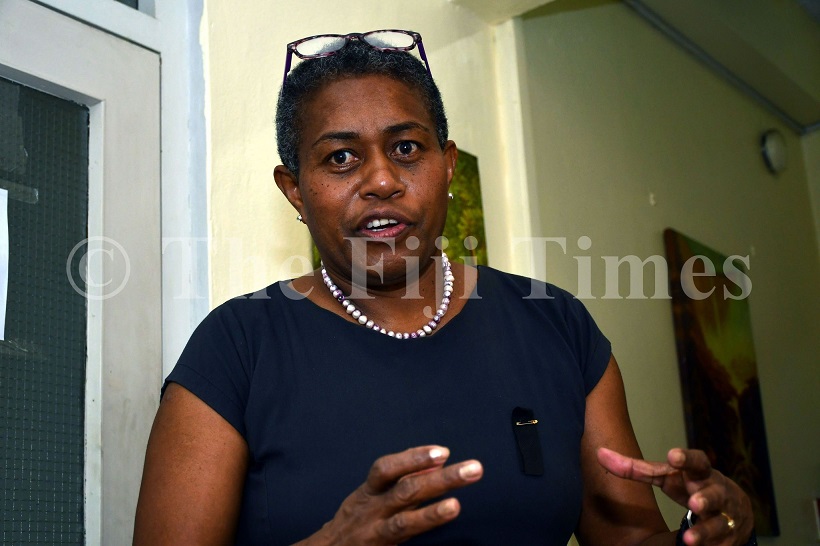Corporal punishment literally stops a child’s brain from learning.
Permanent secretary for Justice Selina Kuruleca, cited the World Health Organization’s 2022 Fact Sheet on Corporal Punishment and Health during the National Conversation on Corporal Punishment in Fiji which proves the above.
Ms Kuruleca, a psychotherapist and former schoolteacher, said that when children were physically punished, their brains switched from learning mode to survival mode, effectively halting their ability to absorb information.
“When a child is struck, even lightly, the brain registers danger,” she said.
“The amygdala activates cortisol surges, and the brain shifts into survival mode. At that moment, learning stops.”
She explained that while corporal punishment may appear to correct behaviour, it actually triggers fear and mistrust in the child’s brain.
“What looks like discipline on the outside is, inside the brain, a shutdown of curiosity and trust.
“The child’s focus moves from understanding right and wrong to simply avoiding pain.”
Ms Kuruleca said repeated exposure to physical punishment could rewire a child’s brain, leading to long-term emotional and behavioural consequences.
“Repeated often enough, that pattern breeds anxiety, mistrust, and aggression.
“Across more than 70 studies, researchers have found that physical punishment increases aggression and depression and offers no long-term benefit.”
She added that the World Health Organization now classified corporal punishment as a public health concern and called for greater collaboration between the Ministry of Health, educators, and justice institutions to address the issue.
“We should have had WHO or the Ministry of Health in the room as well.
“Teachers who practice corporal punishment are, in effect, actively stopping learning.”



